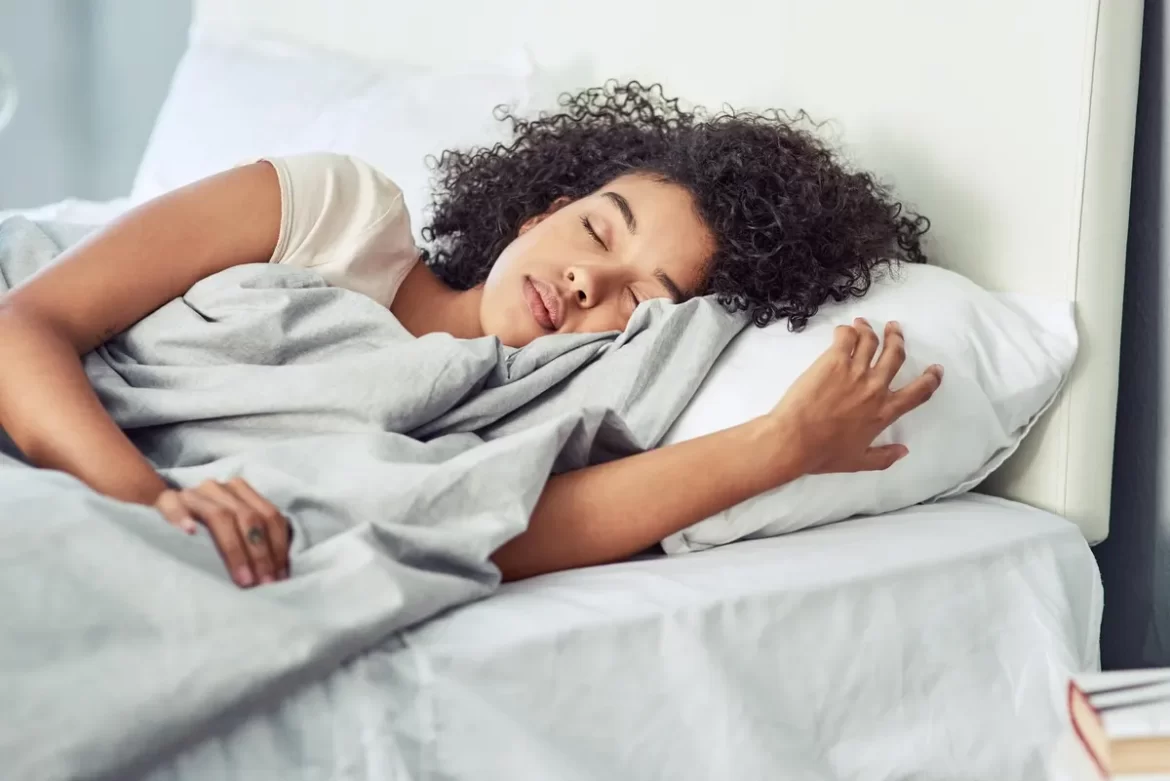Sleep is essential in maintaining both mental and physical wellness, yet failing to get enough rest can impact mood, memory and performance negatively.
There are various strategies you can employ to improve your sleep health, such as setting a regular bedtime schedule, cutting back on napping and exercising regularly.
Exercise
Research has proven that exercise can significantly enhance sleep quality by helping people fall asleep more quickly, stay asleep through the night, and feel more rested upon awakening. Moderate-intensity aerobic exercises (such as swimming, running, biking or even just brisk walking) have been specifically linked with better overall quality of restful slumber.
Maintaining adequate slow-wave sleep has many health benefits, including immune system function, muscle recovery and memory processing. Adequate slow-wave sleep is vital to maintaining a healthy metabolism.
Gamaldo advises exercising in bright light in the morning as this helps wake you up and regulates your circadian rhythm, which controls sleep-wake cycles. But evening exercise is also acceptable provided no rigorous activities are undertaken and stop exercising at least three hours before bedtime; creating a positive feedback loop: better sleep leads to more exercise which promotes even greater restfulness.
Diet
Improve your sleep by eating a healthy diet rich in nutrients and low in saturated fat, trans fat and sugar. Limit fluid consumption during the hours leading up to bedtime; try not eating large meals before bed and snacks high in saturated or trans fats.
Drink plenty of water throughout the day, limiting caffeinated drinks in the evening, and eating dinner at approximately the same time each night, prioritizing light yet nutritious dishes.
Your bedroom environment can have an enormous effect on the quality of your sleep, so it is wise to create an inviting environment conducive to sound restful slumber. Eliminate noise and external light sources while making sure it remains comfortable and cool in temperature terms. Avoid electronics like televisions and computers from entering your space while restricting phone usage just prior to bedtime as a recent study concluded it can disrupt restful slumber leading to wakefulness.
Sleep Routine
Your daily activities, particularly just before bedtime, can have a tremendous effect on the quality of sleep you experience. A bedtime routine based on best sleeping practices can signal to both your brain and body that it’s time for rest; thus facilitating faster falling and staying asleep.
Establishing a relaxing and soothing bedroom environment can help you unwind and prepare for sleep. This could involve reading an engaging novel (ideally one that doesn’t keep you up!) or listening to relaxing podcasts or music, or turning off devices with bright screens at least an hour before going to sleep, as these may interfere with the body’s natural production of melatonin.
Sleep schedules should remain consistent even on weekends and vacations; if your waking times vary more than an hour from their usual pattern, this could be an indicator that something underlying needs to be addressed with your healthcare provider.
Environment
Modern life’s hectic pace may make sleeping sound impossible, yet getting enough restful zzz’s can make all the difference for brain function, mood and health – reducing risk for diseases and disorders of all sorts.
Quality bedroom and sleep environments can make all the difference in an restful or restless night of zzz’s. Many factors affect our sleeping environment such as room temperature, noise levels, light levels and scent levels.
Create a bedroom environment that is cool, dark and quiet by eliminating electronic distractions such as TVs, laptops and smartphones from your life. Instead, use this time before bed for relaxation activities like taking a soothing bath/shower/tub session; light reading; meditation; or breathing exercises which may help ease into sleep mode faster; as well as setting your phone to “do not disturb” during sleeping hours so alerts do not disrupt.




